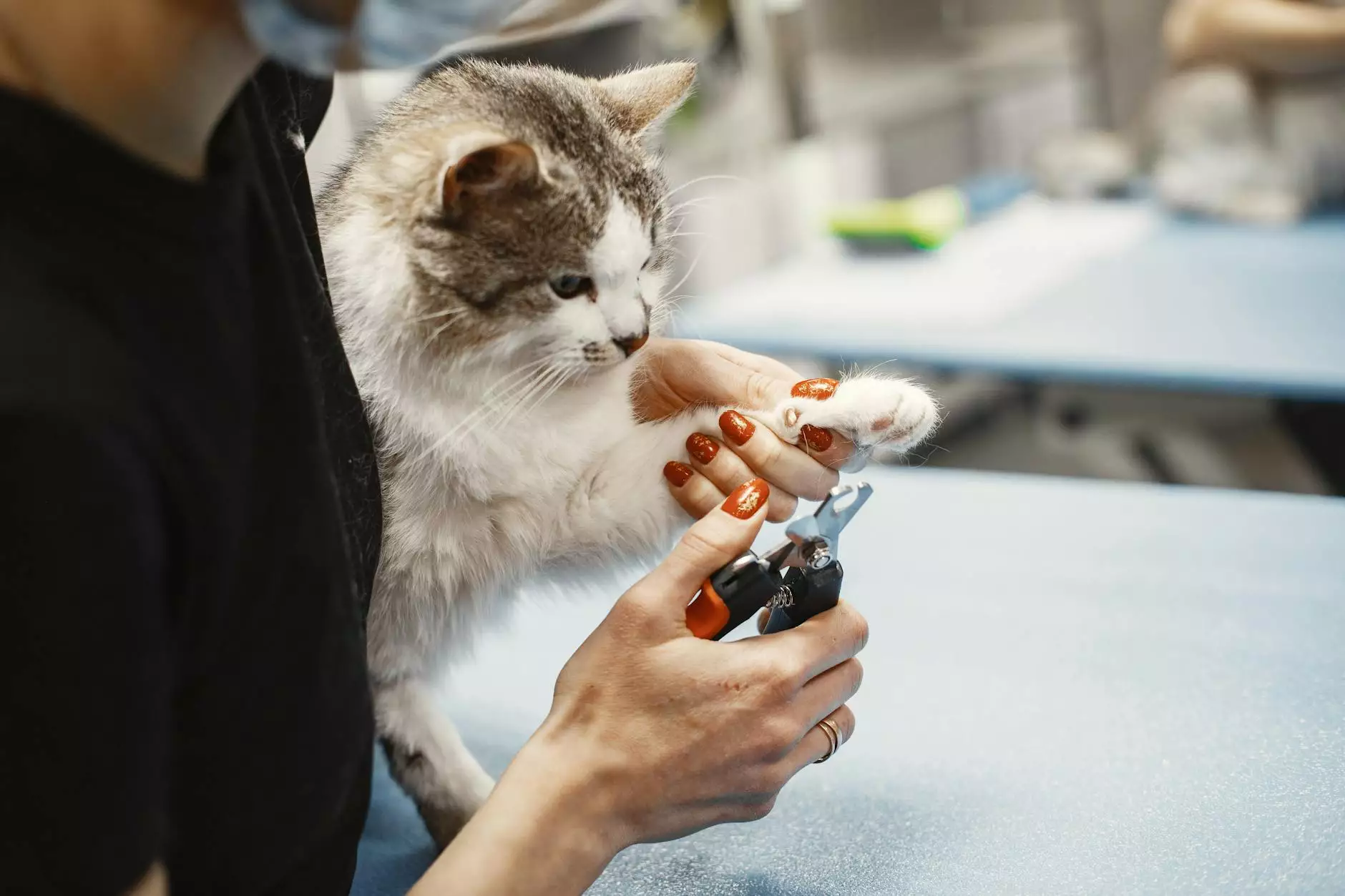The Essential Guide to Horse Injection for Optimal Veterinary Care

In the world of equine welfare, horse injections play a crucial role in ensuring the health and performance of our equine companions. Whether you are a seasoned trainer, an owner of a beloved pet horse, or involved in the racing industry, understanding the nuances of horse injections is vital. Horse injections not only aid in treating existing conditions but also serve as preventive measures to keep our horses in peak condition. This comprehensive guide covers everything you need to know about horse injections, from types and purposes to techniques and aftercare. Let’s dive into the world of equine injections!
Understanding Horse Injections
Horse injections encompass a wide range of practices in equine veterinary medicine. They involve administering medicinal substances directly into a horse's body using specialized syringes and needles. These injections can vary based on the purpose, the site of injection, and the type of medication used.
1. Types of Horse Injections
There are several types of injections commonly used in horses, which include:
- Intramuscular (IM) Injections: This type involves injecting medication into the muscle, which allows for quick absorption into the bloodstream. Common muscle sites include the neck, croup, and thigh.
- Intravenous (IV) Injections: Medications are delivered directly into the bloodstream, providing rapid effects. This method is essential for administering emergency treatments or anesthesia.
- Subcutaneous (SC) Injections: This injection delivers medication under the skin, allowing for gradual absorption. It is often used for vaccines and certain medications.
- Intradermal Injections: These are delivered into the skin layers, primarily used for allergy testing or local anesthetics.
2. Purpose of Horse Injections
The reasons for administering horse injections are diverse and significant. Here are some primary purposes:
- Treatment of Illness: Injections can directly address illnesses, infections, and diseases, providing relief from painful conditions.
- Vaccination: Prevention of infectious diseases through vaccines is critical in maintaining equine health.
- Performance Enhancement: Certain medications may be used to enhance performance, especially in racehorses.
- Anti-inflammatory Treatments: Corticosteroids and other anti-inflammatory drugs help reduce swelling and pain associated with injuries.
Why Horse Injections are Essential
Horse injections are not merely a routine practice; they are fundamental to achieving and maintaining an equine's health. Here are some reasons why they are essential:
1. Rapid Response to Health Issues
In critical situations, such as severe illness or injury, injections can provide immediate access to medication. This rapid response can be lifesaving, allowing veterinarians to stabilize the horse quickly.
2. Precise Dosage Administration
Injections allow for a controlled dosage of medication to be delivered, which is crucial, especially in treating conditions where the right amount of medication is key to recovery.
3. Avoidance of Gastrointestinal Complications
In some cases, oral medication can cause gastrointestinal upset in horses. By using injections, veterinarians can avoid potential complications associated with administering oral medications.
Administering Horse Injections: Techniques and Precautions
Proper technique in administering horse injections is critical to ensure efficacy and minimize discomfort for the horse. Here are some essential techniques and precautions to keep in mind:
1. Preparing for the Injection
Before administering an injection, it is important to gather all necessary supplies and prepare the horse:
- Gather Supplies: Ensure you have a sterile syringe, appropriate needle, the medication to be injected, alcohol swabs, and possibly a tranquilizer if the horse is anxious.
- Restrain the Horse: Properly secure the horse in a safe and quiet environment to avoid sudden movements during the procedure.
- Check the Medication: Always check the medication label for correct dosage and expiry date.
2. Injection Techniques
Each type of injection has its own technique. Here’s a brief overview:
- For Intramuscular Injections: Pinch the muscle to form a fold, insert the needle at a 90-degree angle, aspirate to ensure you’re not in a blood vessel, and then inject.
- For Intravenous Injections: Locate a vein, such as the jugular, insert the needle at a 30-degree angle, and ensure the blood flows into the syringe before injecting.
- For Subcutaneous Injections: Lift a fold of skin and insert the needle at a 45-degree angle into the fold, ensuring you are under the skin.
3. Post-Injection Care
After the injection, monitor the horse for any adverse reactions. It's also important to:
- Apply gentle pressure to stop bleeding if necessary.
- Observe the injection site for swelling or signs of infection.
- Administer any recommended post-injection care as advised by your veterinarian.
Potential Risks and Considerations
While horse injections are often safe and effective, there are potential risks that both owners and veterinarians should be aware of:
1. Injection Site Reactions
Some horses may develop swelling, pain, or infection at the injection site. Regularly check the area and consult a veterinarian if any unusual symptoms arise.
2. Allergic Reactions
Although rare, allergic reactions to medications can occur. Signs may include hives, swelling, or breathing difficulties. Immediate veterinary assistance is essential if this happens.
3. Muscle Damage
Improper technique or repeated injections in the same area can cause muscle damage. Rotate injection sites to mitigate this risk and consult with professionals regarding best practices.
The Role of RacehorseMedCare in Equine Health
At RacehorseMedCare.com, we are dedicated to providing valuable resources for horse owners and veterinary professionals. Our products and guidance ensure that every equine receives the highest quality of care, tailored to their specific needs. Whether you’re looking for medications, vaccination schedules, or expert advice on horse injections, we are here to support you.
1. Quality Pharmaceutical Products
We offer a comprehensive range of pharmaceutical products tailored for horses. Our meticulous sourcing ensures that all products meet rigorous safety and efficacy standards.
2. Educational Resources
Stay informed with our extensive library of articles, guides, and expert tips. Our goal is to empower horse owners with the knowledge needed to make informed decisions regarding their horse’s health.
3. Expert Consultation
Our network of veterinary professionals is available for consultations. Whether you have questions about specific injections, treatment protocols, or care strategies, we are here to assist you.
Conclusion
In summary, the significance of horse injections cannot be overstated when it comes to maintaining equine health and performance. Whether you are managing an athletic racehorse or caring for a cherished pet horse, understanding the principles of horse injections will provide the foundation for effective healthcare practices. With advancements in veterinary medicine, horse injections will continue to play a vital role in ensuring that our equine friends lead healthy, productive lives.
For further information and resources, visit RacehorseMedCare.com to explore our offerings and become a part of a community dedicated to equine health and welfare.









